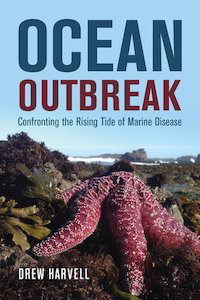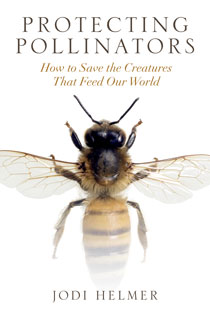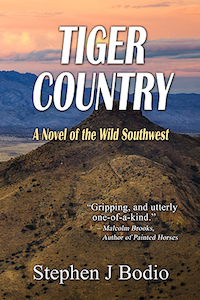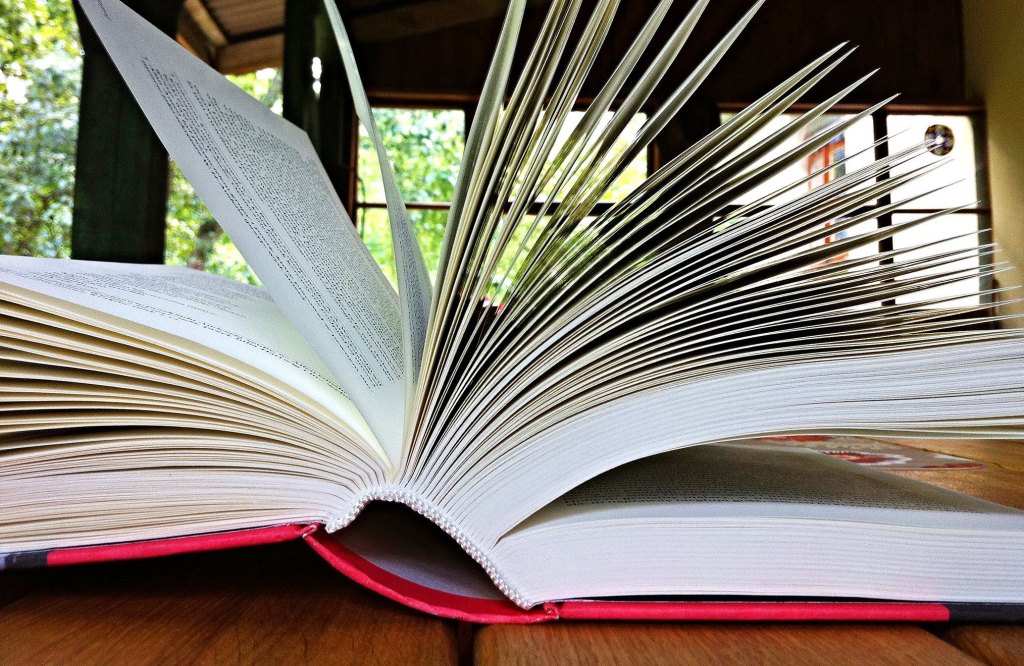Looking for a good book to read on the beach? Or perhaps something to curl up with after a day of fishing or gardening? Here are four new books perfect for summer reading – and you’ll gain some conservation insights in the process.
Need more recommendations? Cool Green Science features regular book reviews covering a variety of nature and science topics. Whether you’re looking for mysteries with a natural twist, the best new titles for conservation-minded anglers or birders, inspiring conservation classics, or field guides, we have you covered.
As always, feel free to make your own book suggestions in the comments. We may include them in a future review.
-
Ocean Outbreak: Confronting the Rising Tide of Marine Disease
By Drew Harvell (University of California Press)

Ocean Outbreak will not be the most uplifting book you read on the beach, but it may be the most important. Out of sight of most oceangoers, there’s a plague in our oceans, as infectious diseases threaten to literally reshape marine environments. Starfish literally melt away, salmon weaken from viruses, already-stressed coral reefs face devastating pathogens.
What’s going on? There’s no better guide to this crisis than Drew Harvell, a marine ecologist at Cornell University and a gifted writer. She breaks down the science but also doesn’t shy away from sharing personal story and the sense of loss she feels at seeing the devastation firsthand.
This can be a heartbreaking book: oftentimes whole populations of ocean organisms die before scientists even begin the research. Harvell skillfully navigates through various outbreaks, breaking down what’s happening as well as root causes. And she provides ample hope: oftentimes, by addressing human health issues, we can also help marine creatures.
Ocean Outbreak is a compelling, well-written account of an often-overlooked environmental issue. If you care about marine conservation, or just love great nature reads, it belongs on your bookshelf. (And you can read more about marine disease outbreaks from Harvell.)
-
In Search of Monster Fish: Angling for a More Sustainable Planet
By Mark Spitzer (University of Nebraska Press)

Mark Spitzer shares my love of seeking weird fish in weird places. Also like me, he’s often searching for something more: he uses the pursuit of fish as a way to explore our relationships with the natural world. But Spitzer’s writings are not the usual musings of a philosophical fisherman; you’ll find no “fly fishing and the meaning of life” essays. He takes a rollicking, madcap, sometimes surreal approach to fishing and conservation – pursuing fishy monsters with zeal, and finding life lessons along the way.
Spitzer’s a prolific and eclectic writer; one of my favorites is his book-length epic poem told from the perspective of a hellbender. This book continues his fishing adventures, as he pursues giant catfish in Europe, encounters piranhas and barracudas and other toothy beasts, ponders the ethics of shark hunting and attempts to catch a gar on the fly.
I’ll review any book that includes chapters with titles like “Translating an Eely Ionian Monsterfest into Top Predator Decimation: More Than Just a Metaphor.” We need new ways of telling fish stories for the 21st century. Mark Spitzer has earned a cult following for doing just that.
-
Protecting Pollinators: How to Save the Creatures That Feed Our World
By Jodi Helmer (Island Press)

The loss of pollinators receives a lot of press, but a lot there’s a lot of conflicting information and debate about causes. Protecting Pollinators presents the most compelling and science-based overview I’ve seen. Even better, it’s presented in a highly readable book that can help you make a difference, whether you’re a farmer, home gardener or citizen scientist.
Helmer examines each issue behind the pollinator decline, including habitat loss, pesticides, climate change and more. Each chapter includes fascinating sidebars: projects that have helped native species, action items you can take, and interesting factoids about pollinators.
A lot of news coverage on pollinators focuses on honeybees, even though they are not a native species and often don’t provide the pollination services of our native bees, birds and bats. Helmer’s book focuses on native pollinators, the challenges they face and how we can all conserve them. Whether you’re just looking to grow some beneficial plants in you’re backyard or you’re a dedicated citizen scientist, you’ll refer to this handy book again and again.
-
Tiger Country
By Stephen Bodio (Behind the Ranges Press)

Few writers have been so influential in my life as Steve Bodio. I read his memoir Querencia in my twenties and immediately felt a bit less alone in my mix of interests. Here was writing that combined natural history and field sport and books and food and friends, all described with beautiful writing. I have followed his writing ever since, the books on racing pigeons, falcons, coursing dogs and Mongolia. I remain convinced that Steve would be one of our best-known literary writers, if only he didn’t write about topics so obscure. But for his fans, that’s part of the appeal.
Tiger Country is Bodio’s first novel, and like much of his work, it’s not easy to describe. It’s a story of rewilding, but unlike anything on the topic you’ve read. Like Bodio, it’s scientifically and culturally literate. It shines with a love of predators, but also for the ranchers and locals who must share the land with them. The characters eat and drink and chase things with passion, all while referring to art, literature and evolutionary biology.
Bodio’s writing may not appeal to everyone. But if you share a certain combination of interests, you’ll devour this book – then read all the others.



